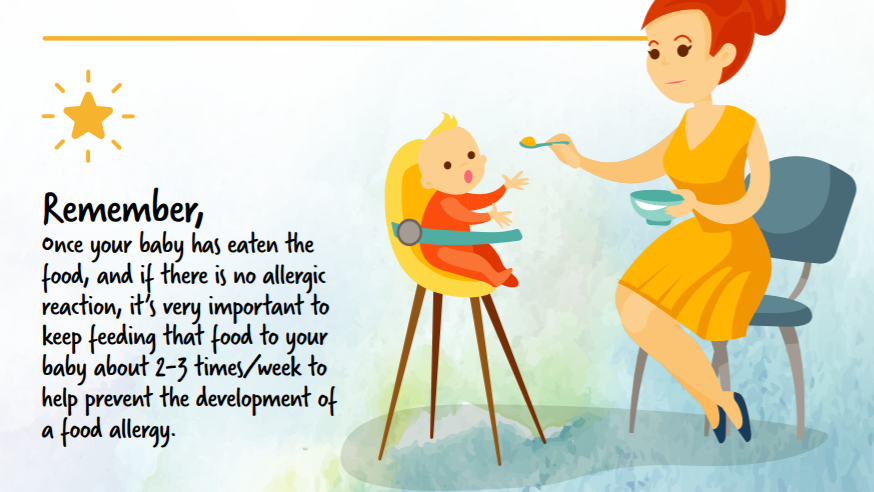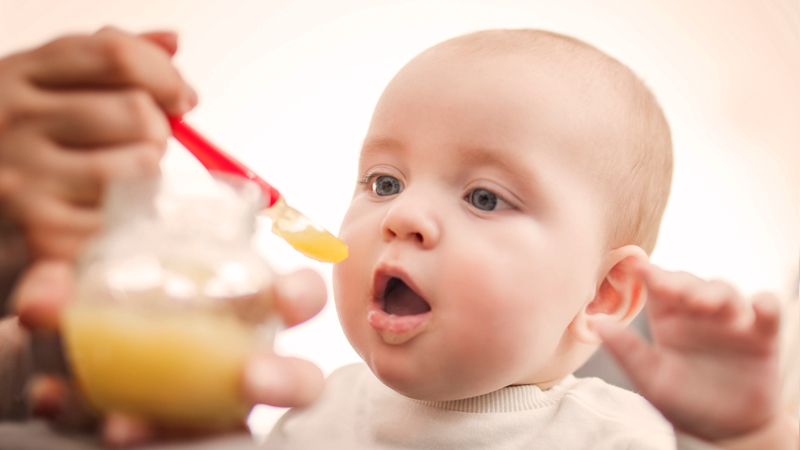
Ask the allergist is a regular feature in our newsletters where Canadian allergists answer your questions.
Dr. Julia Upton is on staff at the Hospital for Sick Children in the Immunology and Allergy Department; and an Associate Professor in the Department of Paediatrics at the University of Toronto. She is the past Section Chair of the Anaphylaxis and Food Allergy Section of the Canadian Society of Allergy and Clinical Immunology. Dr. Upton is also a member of our Healthcare Advisory Board.
Please note: Dr. Upton is answering as an individual allergist and her answers do not constitute an official position of her affiliated organizations. Her responses are for informational purposes only and do not constitute specific medical advice, recommendations, diagnosis, or treatment. Please talk to your doctor about any concerns or questions you may have regarding your own health or the health of your child.
This month she answers a question about the possibility of preventing food allergy from developing in your baby when you’re pregnant and you already have a child with multiple food allergies.
I have a baby with multiple food allergies and am currently pregnant with my second. Is there anything I can do during pregnancy and during the first few months of baby’s life to help prevent food allergies in baby #2?

While allergies tend to run in families, it doesn’t mean that a new baby will have them for sure. It’s understandable to think about a mom’s diet, but there’s no evidence that avoiding certain allergenic foods during pregnancy or breastfeeding will prevent food allergy in a child.
However, there is research supporting the early introduction of allergenic foods to babies who are at high-risk of developing food allergy. This includes babies with eczema or pre-existing food allergy, or an immediate family member with eczema, food allergy, asthma or hay fever.
The current guidance is to feed such babies the foods that most commonly cause food allergy by around 6 months of age, but not before 4 months. This guidance will not stop all babies from developing food allergy, but it has been shown to drop the rates of food allergy quite substantially.
In your case, you’d need to be mindful of your older child’s food allergies and the offering of allergenic foods to your new baby. Many families do this safely by following practices like washing hands before and after eating, cleaning surfaces well, having designated eating areas (e.g. highchairs, tables), and teaching all family members not to share foods.
Learn more
Watch this webinar to learn about introducing allergens to babies, if the maternal diet needs to change when pregnant or breastfeeding, and more.
 Parent resource: Eat Early. Eat Often.
Parent resource: Eat Early. Eat Often.Produced under the National Food Allergy Action Plan, this resource includes practical tips on feeding babies early, recipes for different allergenic foods, and more.
Do you have a question you’d like to ask an allergist in the months to come? If so, send it along to us at info@foodallergycanada.ca. Please note: The allergists in this series answer questions on general topics, please talk to your doctor if you have questions about your own health or the health of your child.
Tags: ask the allergist, dr upton, early introduction, prevention
